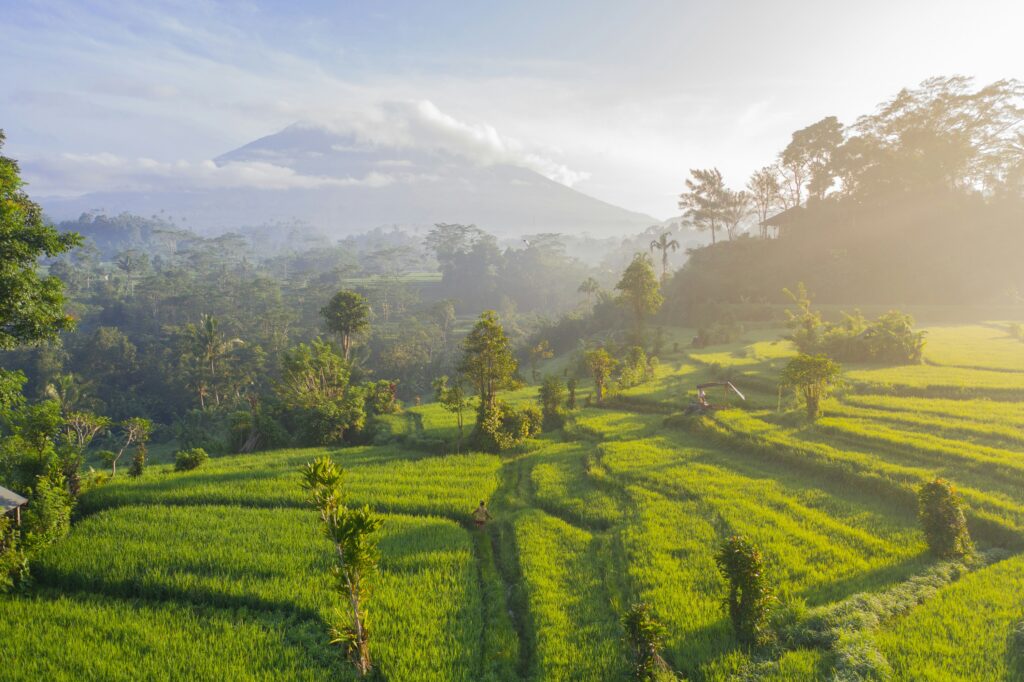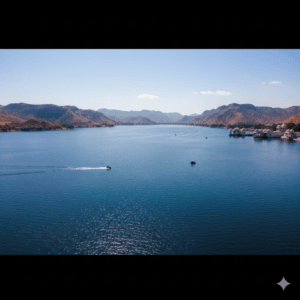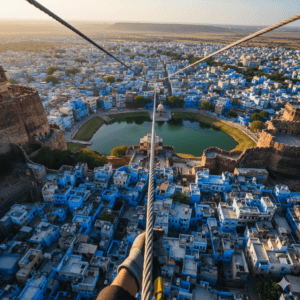Bali’s Hotel Ban: A Step Towards Sustainable Tourism

Bali's Hotel Ban
Bali’s Hotel Ban: A Step Towards Sustainable Tourism
Bali’s Hotel Ban has been making waves in the travel community, and for good reason. The Indonesian paradise, known for its stunning beaches, vibrant culture, and bustling nightlife, is taking a bold step to address the growing concerns of overcrowding and overdevelopment. As a seasoned travel expert, let me break down what this means for you, the traveler, and the island itself.
Why the Ban?
Bali’s government has proposed a temporary ban on new hotel construction to tackle the issues of overcrowding and environmental degradation. The island, which attracts millions of tourists annually, has seen a surge in development, leading to traffic congestion, pollution, and strain on local resources. The ban aims to give the island a breather and allow for more sustainable tourism practices.
What Does This Mean for Travelers?
If you’re planning a trip to Bali, don’t worry! Existing hotels, villas, and resorts will continue to operate as usual. However, you might notice fewer new accommodations popping up. This could mean a more authentic and less crowded experience, as the island focuses on quality over quantity.
Prices and Tariffs
While specific prices and tariffs for accommodations can vary widely, expect a slight increase in rates due to the limited availability of new hotels. For instance, a night at a mid-range hotel in Seminyak might cost around $100-$150, while luxury resorts in Ubud could range from $300-$500 per night. It’s always a good idea to book in advance to secure the best rates.
Contact Details and Locations
Here are a few recommended places to stay:
- The Oberoi Beach Resort, Seminyak
- Location: Seminyak Beach, Bali
- Website: The Oberoi Beach Resort
- Contact: +62 361 730361
- Four Seasons Resort Bali at Sayan
- Location: Sayan, Ubud, Bali
- Website: Four Seasons Resort
- Contact: +62 361 977577
- Alila Villas Uluwatu
- Location: Uluwatu, Bali
- Website: Alila Villas
- Contact: +62 361 8482166
The Bigger Picture
Bali’s Hotel Ban is not just about limiting new constructions; it’s about preserving the island’s unique charm and natural beauty. The government is also focusing on converting commercial land back into rice fields and other traditional uses. This move is expected to enhance the island’s cultural heritage and provide a more immersive experience for visitors.
For More Such Articles – CLICK HERE
(Image Credit – Photo by Geio Tischler on Unsplash)







Your point of view caught my eye and was very interesting. Thanks. I have a question for you. https://www.binance.info/register?ref=IHJUI7TF
Thank you for your sharing. I am worried that I lack creative ideas. It is your article that makes me full of hope. Thank you. But, I have a question, can you help me?
Thanks for sharing. I read many of your blog posts, cool, your blog is very good.
Thank you for your sharing. I am worried that I lack creative ideas. It is your article that makes me full of hope. Thank you. But, I have a question, can you help me?
Can you be more specific about the content of your article? After reading it, I still have some doubts. Hope you can help me.
Thank you for your sharing. I am worried that I lack creative ideas. It is your article that makes me full of hope. Thank you. But, I have a question, can you help me?
Can you be more specific about the content of your article? After reading it, I still have some doubts. Hope you can help me.
Thanks for sharing. I read many of your blog posts, cool, your blog is very good.
Your point of view caught my eye and was very interesting. Thanks. I have a question for you.
Your article helped me a lot, is there any more related content? Thanks!
Your article helped me a lot, is there any more related content? Thanks!
I like the efforts you have put in this, regards for all the great content.
This was beautiful Admin. Thank you for your reflections.
Nice post. I learn something totally new and challenging on websites
naturally like your web site however you need to take a look at the spelling on several of your posts. A number of them are rife with spelling problems and I find it very bothersome to tell the truth on the other hand I will surely come again again.